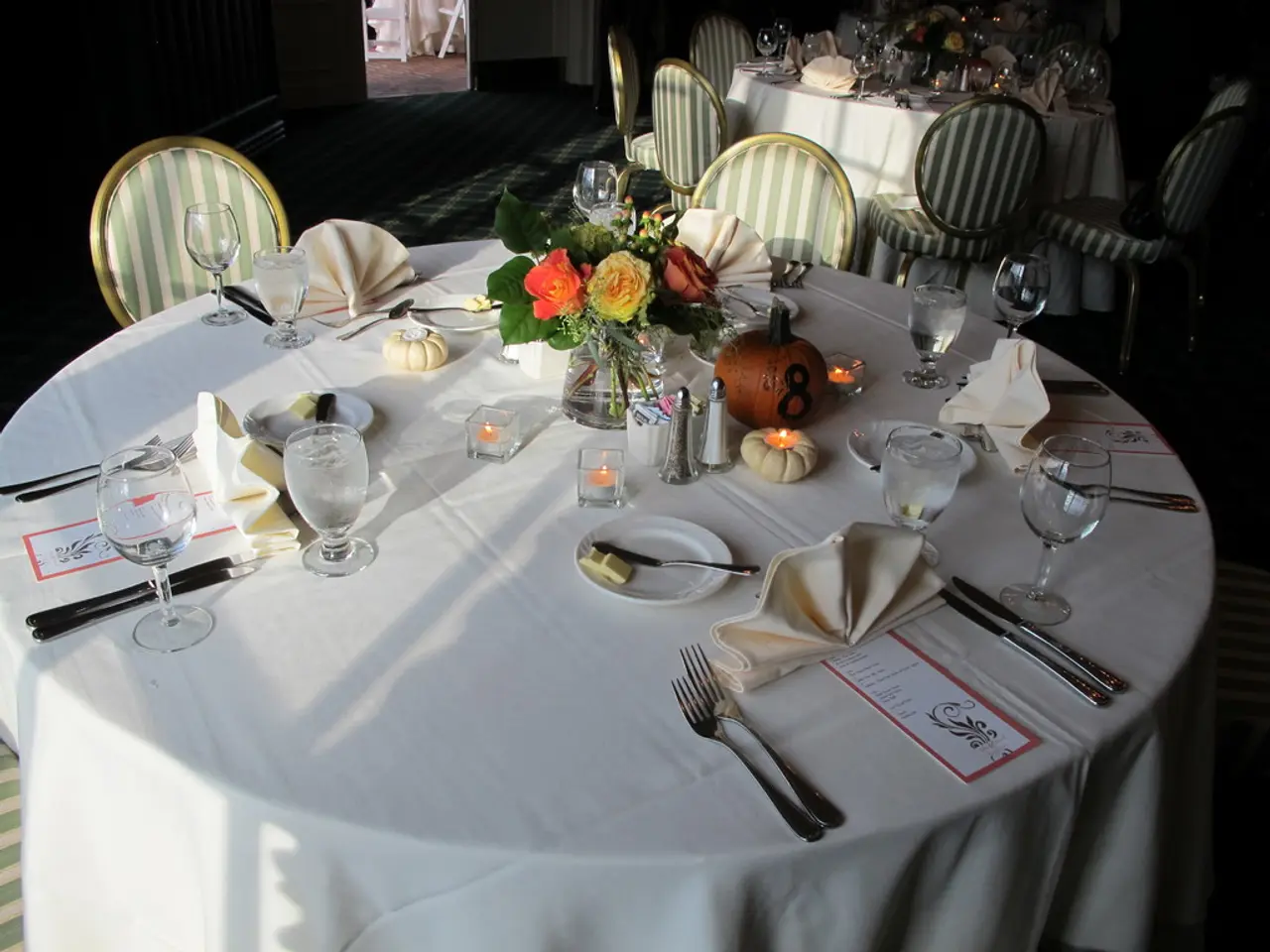Bangladesh adopts areca leaves and rice bran products as an alternative to single-use plastic tableware.
## Areca Leaf Plates Gain Momentum in Bangladesh's Market
In Bangladesh, the use of single-use plastic tableware is gradually being replaced by eco-friendly alternatives, such as areca palm leaf plates. These biodegradable and compostable plates are gaining popularity among consumers, particularly during social gatherings like festivals and tourist trips.
### Local Production and Demand
Currently, **Bright Areca** is the leading producer of areca leaf plates in Bangladesh, manufacturing around 100,000 plates per month. Other local companies, such as **Eco Valley**, are also joining the movement, producing approximately 60,000 plates monthly. The demand for these sustainable options has been increasing, with approximately half a million areca leaf plates being produced in the country each month by around 10 local companies [1].
These eco-friendly plates are available in major retail stores such as Meena Bazar, Unimart, and Jamuna Future Park. They are appreciated for their natural, biodegradable, and compostable properties, as well as their oven-safe features. While they are advised for single-use with liquid or gravy foods, they can be washed and reused multiple times for dry foods [1].
### Impact on Single-Use Plastic Reduction
The increase in production and usage of areca leaf plates could significantly reduce Bangladesh's reliance on single-use plastic plates. This shift towards sustainable options aligns with global efforts to combat plastic waste and contributes to minimizing plastic pollution, a major environmental concern worldwide, as seen in countries like India [2].
### Policy Support and Future Prospects
The areca leaf-related industry is under consideration for receiving policy privileges from the Ministry of Environment, Forest and Climate Change. Syeda Rizwana Hasan, advisor to the Ministry, is promoting industries that produce environment-friendly products and reduce the use of plastic. This support could encourage further investment in the industry and help meet the growing demand [1].
However, the higher pricing of biodegradable tableware compared to plastic is a concern for the growing industry. To achieve a significant impact on reducing single-use plastic plate usage, Bangladesh would need to see a marked increase in the production and distribution of areca leaf plates, coupled with effective marketing and consumer education on the benefits of these sustainable alternatives.
In neighbouring India, areca leaves have traditionally been used as plates in rural communities, and large-scale production of tableware from leaves has been ongoing since 2012. Entrepreneurs in Bangladesh are also exploring the production of biodegradable straws, such as those made from rice husk, rice stubble, and jute [1].
As the demand for areca leaf plates continues to grow, both locally and in foreign markets, the potential for expansion in this sector is promising. With the right policy support and investment, Bangladesh could lead the way in promoting eco-friendly alternatives to single-use plastic tableware, contributing to a healthier environment and a more sustainable future.
References: [1] The Daily Star, "Areca leaf plates gaining popularity", 2021 [2] The Hindu, "India grapples with substantial plastic pollution", 2019
- The shift towards using areca leaf plates in Bangladesh aligns with global efforts aimed at combating climate change through reducing plastic waste.
- Science plays a crucial role in the manufacturing of eco-friendly products, such as areca leaf plates, contributing to the environmental-science field.
- Business opportunities exist in the fashion-and-beauty and food-and-drink sectors, as more consumers seek sustainable lifestyle options, including using biodegradable tableware.
- The home-and-garden industry can benefit from the increase in demand for eco-friendly tableware, as consumers look for ways to reduce their carbon footprint.
- Policymakers and politicians play a significant role in policy-and-legislation that supports the growth of environment-friendly industries, such as areca leaf plate production.
- Technology can be leveraged in the production process of biodegradable tableware, leading to improvements in efficiency and cost reduction, making these products more accessible to a wider market.
- Marketing strategies can help promote the benefits of using eco-friendly tableware like areca leaf plates, educating consumers about the role they can play in combating climate change through their purchasing decisions.
- Financial institutions can invest in businesses that produce environment-friendly products, such as areca leaf plates, helping to drive growth and innovation in the industry.
- General news outlets can cover the success stories of companies like Bright Areca and Eco Valley, highlighting their positive impact on the environment and industry in Bangladesh.




